The No Walls Teaching (NWT) initiative began in March 2020 during the university-wide shift to remote teaching. “No Walls Teaching” is instruction that extends beyond the confines of a traditional classroom and the glare of a computer screen. It is an approach to teaching and learning that cultivates a sense of community among students and fosters connections between students and instructors.
CTE is pleased to recognize NWT Champions who were the heart of the initiative. These faculty shared their online and remote-teaching experiences through workshops, social hours, and contributing to the NWT eBook. Additionally, faculty, TAs, graduate students, and postdocs who attended 4 NWT offerings received a special edition NWT Passport to Great Teaching badge.

 Amber Emanuel, Ph.D.
Amber Emanuel, Ph.D.
Lecturer
Department of Health Education & Behavior
College of Health & Human Performance
Dr. Amber Emanuel is a Lecturer in the Department of Health Education & Behavior. She enjoys learning about and implementing universal design learning in her courses, to help improve teaching and learning for all types of students. Amber enjoys learning about how to utilize technology in teaching, especially for online courses. She likes to have students read and analyze current health issues, to help students improve their scientific and health literacy skills, while understanding local, national, and international health problems.
 Crystal Marull, Ph.D.
Crystal Marull, Ph.D.
Lecturer
Spanish & Portuguese Studies
College of Liberal Arts and Sciences
Dr. Crystal Marull became the Coordinator of the Online Spanish Program in 2017. She adopts an innovative approach that incorporates telecollaborative virtual exchanges to facilitate student conversations with native speakers located across the Spanish-speaking world. These personal exchanges are crucial to engaging traditional and non-traditional learners by providing them with a safe space to navigate the process of discovery and to find meaning for their learning. Her courses have received local and national recognition. She is actively engaged with the CTE as she strives to continue her own process of discovery and pedagogical development.
 Erika Brooke, Ph.D.
Erika Brooke, Ph.D.
Lecturer
Department of Sociology and Criminology & Law
College of Health & Human Performance
Dr. Erika Brooke focuses on providing hands-on experience with the justice system through creative, innovative, and meaningful assessments that build cultural competence. Utilizing strategies based in technology and globalization, she successfully implemented a virtual exchange (VE) project that facilitated bi-weekly students discussions with a partner class in Ecuador comparing justice systems. She plans to extend the VE project concept to another class via virtual guest lectures with corrections experts around the world.
 Harrison Hove
Harrison Hove
Lecturer
Department of Journalism
College of Journalism and Communications
Harrison Hove teaches broadcast journalism courses where his students practice knowledge at the highest level of Bloom’s Taxonomy: creating. Harrison oversees student content creation from timed writings to daily television reporting and special projects. Working to build classroom community virtually, Harrison has restructured an online broadcast writing course with themes of interactivity and active learning. He also successfully internationalized the curriculum in his TV news reporting course, encouraging students to highlight stories in marginalized and internationalized communities.
 Joslyn Ahlgren, Ph.D.
Joslyn Ahlgren, Ph.D.
Instructional Professor
Department of Applied Physiology & Kinesiology
College of Health & Human Performance
Dr. Ahlgren joined the College of Health & Human Performance as a Lecturer in August of 2009. She earned her Bachelor of Science degree in Kinesiology from Kansas State University followed by her Doctorate from the Department of Physiological Sciences in UF’s College of Veterinary Medicine. As a student, Dr. Ahlgren studied the impacts of exercise on areas of the brain that control hemorrhagic shock. As a Senior Lecturer, Dr. Ahlgren spends the great majority of her time teaching rather than researching, and she wouldn’t have it any other way. When she’s not in the classroom, she can be found giving hallway lectures just outside her office or in the gym–she is just as enthusiastic about fitness as she is about teaching.
 Kim Moore, Ph.D.
Kim Moore, Ph.D.
Professor
Fort Lauderdale Research & Education Center
Institute of Food and Agricultural Sciences
Dr. Kim Moore works on sustainabale nutrient management solutions for greenhouse crops. She investigates the use of alternative growing substrates as well as greenhouse plant response to waste water and salt water irrigation. She teach a nutritional management course and organic chemistry.
 Megan Mocko
Megan Mocko
Lecturer
Department of Information Systems and Operations Management
Warrington College of Business
Megan Mocko is a lecturer at Warrington College of Business. She teaches statistics to undergraduate and graduate students in the college. She is interested in engaging everyone in the classroom. Previously, she taught statistics in the Department of Statistics. In addition to her teaching, Megan’s involvement in statistics education led to her work as co-chair on the recently updated 2016 GAISE Guidelines report. The American Statistical Association endorsed the revised
2016 GAISE report along with the original report released in 2005.
 Rachel Slivon, Ph.D
Rachel Slivon, Ph.D
Lecturer
Management Communication Center
Warrington College of Business
Dr. Rachel Slivon is a Lecturer in the Management Communication Center. She is always looking for ways to engage her students through active learning and innovative activities. Her courses often include experiential learning opportunities so students can put their communication skills and strategic business skills into practice as they work with local community partners on specific projects.
 Sujata Krishna, Ph.D
Sujata Krishna, Ph.D
Lecturer
Department of Physics
College of Liberal Arts & Sciences
Dr. Sujata Krishna joined the University of Florida in Fall 2018 and enjoys interacting with students inside and outside class. She has had the opportunity to teach a variety of classes such as large courses in a traditional auditorium, smaller classes, online lecture and lab courses. Sujata likes to engage students in classroom conversations and encourages students to participate, even when they might only have an educated guess. Student participation keeps the learning active and brings to light any misconceptions. She keeps her course content exciting and current by including hot-off-the-press physics in a simplified way.
- Amandine Hom
- Amber Emanuel, Ph.D.
- Angela Melidosian
- Asli Baysal
- Catherine Striley, Ph.D.
- Catherine Tucker, Ph.D.
- Colleen Kalynych, Ed.D.
- Crystal Marull, Ph.D.
- Edit Nagy, Ph.D.
- Erika Brooke,Ph.D.
- Harrison Hove
- James Garner, Ph.D.
- Joslyn Ahlgren, Ph.D.
- Kim Dunleavy, Ph.D.
- Kim Moore, Ph.D.
- Kwan Sun Cho
- Megan Mocko
- Misti Sharp, Ph.D.
- Paola Uparela, Ph.D.
- Paul Sell, Ph.D.
- Prerna Poojary, Ph.D.
- Rachel Slivon, Ph.D.
- Rachel Yoho, Ph.D.
- Sujata Krishna, Ph.D.

 Amber Emanuel, Ph.D.
Amber Emanuel, Ph.D. Crystal Marull, Ph.D.
Crystal Marull, Ph.D. Erika Brooke, Ph.D.
Erika Brooke, Ph.D. Harrison Hove
Harrison Hove Joslyn Ahlgren, Ph.D.
Joslyn Ahlgren, Ph.D. Kim Moore, Ph.D.
Kim Moore, Ph.D. Megan Mocko
Megan Mocko Rachel Slivon, Ph.D
Rachel Slivon, Ph.D Sujata Krishna, Ph.D
Sujata Krishna, Ph.D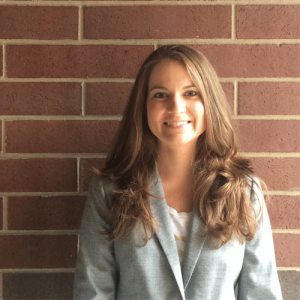 Amber Emanuel, Ph.D.
Amber Emanuel, Ph.D.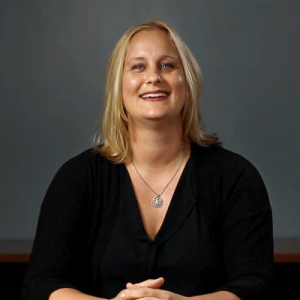 Crystal Marull, Ph.D.
Crystal Marull, Ph.D.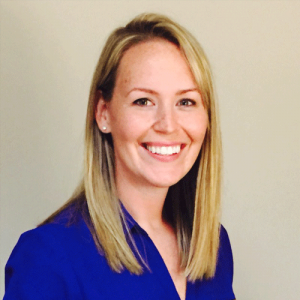 Erika Brooke, Ph.D.
Erika Brooke, Ph.D.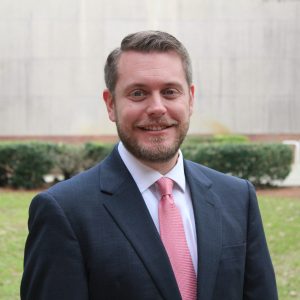 Harrison Hove
Harrison Hove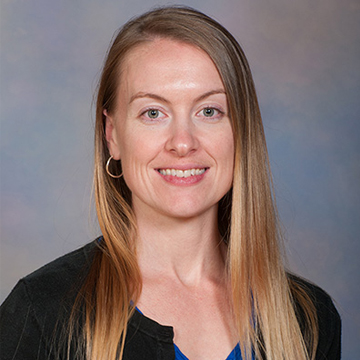 Joslyn Ahlgren, Ph.D.
Joslyn Ahlgren, Ph.D.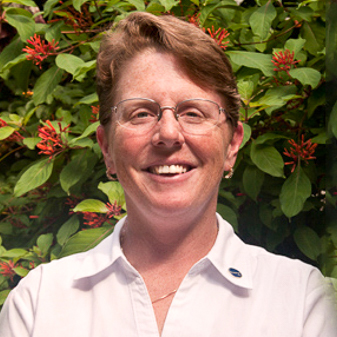 Kim Moore, Ph.D.
Kim Moore, Ph.D.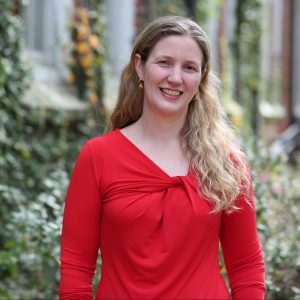 Megan Mocko
Megan Mocko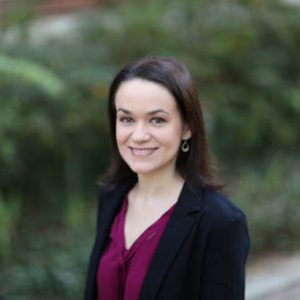 Rachel Slivon, Ph.D
Rachel Slivon, Ph.D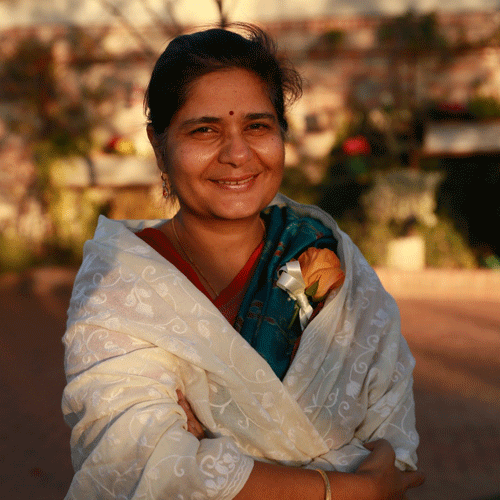 Sujata Krishna, Ph.D
Sujata Krishna, Ph.D